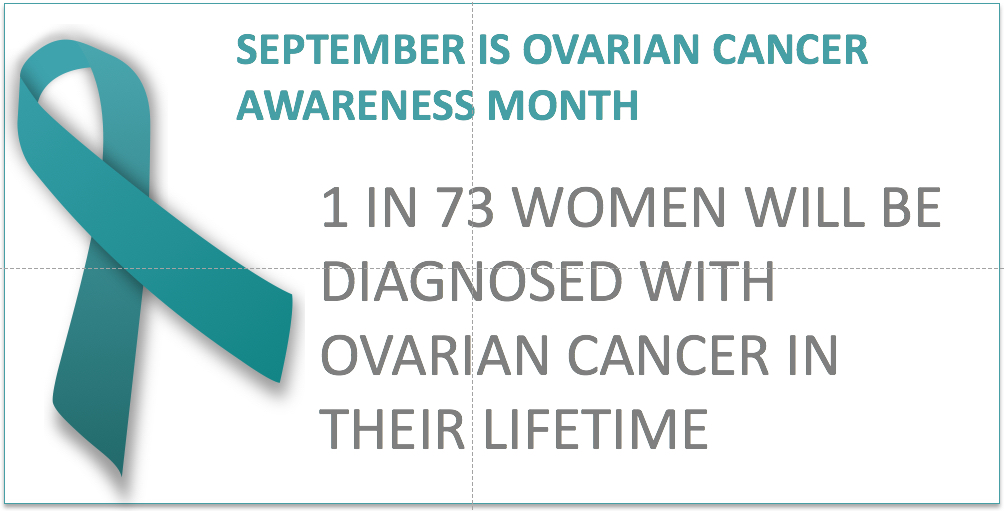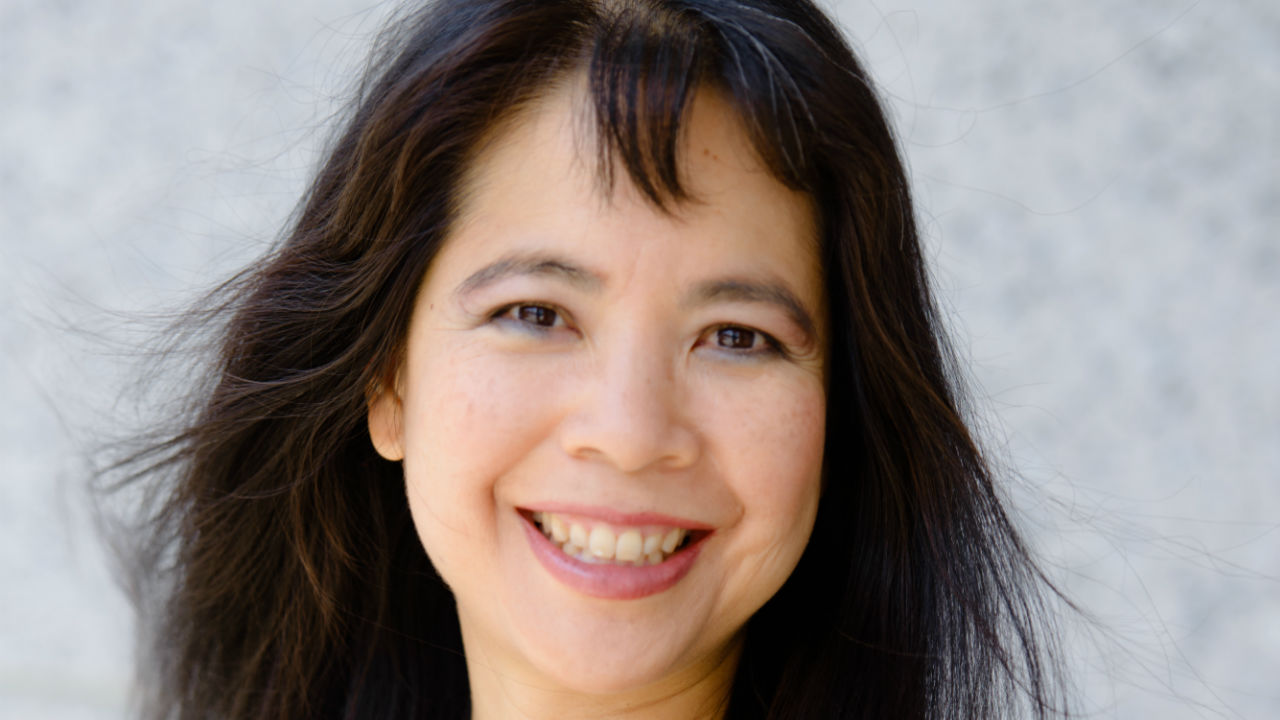 Andi_Graf/Pixabay
Andi_Graf/Pixabay
An ovarian cancer diagnosis is scary and, if you have yet to complete your family, you may be very concerned about whether or not you can have children.
The answer to whether you can carry a pregnancy depends on the stage of ovarian cancer you have, the type of treatment needed, whether both ovaries are affected, and the age you are when you are diagnosed.
Women who are diagnosed with ovarian cancer in the early stages, or where only one ovary is affected, may not need to have both ovaries removed. The remaining ovary can continue to produce eggs.
A study published in Cancer compared the outcomes of 754 early stage young patients who had both ovaries surgically removed and 432 women who kept at least part of one ovary.
Over the next five years, both groups of women had similar survival rates, with at least 91 percent still alive after five years, reported WebMD.
The decision on what treatment a woman should have that might preserve her fertility, and her survival, is best determined by a gynecologic oncologist.
Maintaining fertility after surgery, chemotherapy or radiation treatments may be difficult, so all other options should be explored.
If a woman is able to keep her uterus despite having both ovaries removed, then she can consider in vitro fertilization. This will likely be performed using a donor egg. There may not be enough time for a woman to take the hormones needed to produce and have her own eggs harvested and frozen, before proceeding with treatment for her ovarian cancer.
IVF would take place after a donor egg is fertilized with sperm from the woman’s husband. After cancer treatment has been finished, the doctor will want the woman to wait for a certain number of months, or even years, to allow her body to heal, before attempting IVF.
After this healing period, the woman is given estrogen and progesterone to build up her uterus before receiving the donor egg for implantation. The doctor will give the woman a pregnancy test, two weeks after implantation of one to three embryos. If the test is positive, she will continue to take estrogen and progesterone to continue the pregnancy.
According to University of Rochester Medical Center, the chances of becoming pregnant with IVF depends on “the number and quality of the donor eggs, the quality of the sperm, the quality of the embryos, and the health of your uterus. This procedure offers a 30% to 40% chance of pregnancy and delivery.”
Since IVF is expensive the woman should check with her insurance to determine coverage.
Surrogacy is another option to consider, where another woman carries a baby using her own eggs, artificially fertilized with one’s partner’s sperm or with fertilized donor eggs.
Surrogates can be found using agencies or independently. The couple would pay all expenses for the surrogate. This can be costly, so it is important to thoroughly research, if this is the best choice.
Adoption or foster care can offer more options to have children after ovarian cancer treatment. It can be decided whether to adopt an infant, a young child or an older one. URMC warns that, “some agencies and countries require that cancer survivors be off treatment and cancer-free for a certain amount of time before allowing them to apply for adoption.”
Research continues to find ways for woman with ovarian cancer to be able to become pregnant with their own eggs.
In 2013, ovarian tissue from the healthy ovary, in a woman who had a cancerous ovary removed, showed it is possible to re-implant healthy ovarian tissue and produce one’s own eggs, but success using this technique is still in its early stages.
It is suggested that women with ovarian cancer seek out resources, like those below, to help them address infertility concerns, to determine the best path for them to take, and to find infertility doctors to help.
Infertility Organizations:
American Society for Reproductive Medicine
International Council on Infertility Information Dissemination
Sources:
Fertility Options for Women With Ovarian Cancer. University of Rochester Medical Center Health Encyclopedia. Retrieved Sept. 6, 2015.
https://www.urmc.rochester.edu/encyclopedia/content.aspx?ContentTypeID=3...
Early Ovarian Cancer: Saving Fertility? WebMD. c Retrieved Sept. 6, 2015.
http://www.webmd.com/ovarian-cancer/news/20090810/early-ovarian-cancer-s...
Your fertility options. Ovarian Cancer Action. Retrieved Sept. 6, 2015.
http://ovarian.org.uk/about-ovarian-cancer/younger-women/ovarian-cancer-...
An IVF world-first: 'Infertile' cancer survivor is pregnant with twins after ovarian tissue transplanted into her abdomen GROWS eggs. Daily Mail.com. Retrieved Sept. 6, 2015.
http://www.dailymail.co.uk/health/article-2408884/Infertile-cancer-survi...
Michele is an R.N. freelance writer with a special interest in woman’s healthcare and quality of care issues.
Edited by Jody Smith




Add a Comment2 Comments
It made me think about this gril which had the ovarian tissue transplant before having chemo and radio therapy for the cancer. You can read about it here: http://www.eggdonationfriends.com/ovarian-tissue-transplant-the-new-hope/
September 9, 2015 - 11:32amThis Comment
Hello Anon,
I read about her while researching this article. I believe she had the transplant after chemo and radiation. She had had her ovarian removed while she was very young age 13 and it was transplanted many years later to try and have kids.
I don't know anything about this site you have linked but I caution everyone to do very thorough research before agreeing to a procedure that may not work or may get in the way of proper treatment for ovarian cancer.
take care,
Michele
September 9, 2015 - 1:06pmThis Comment